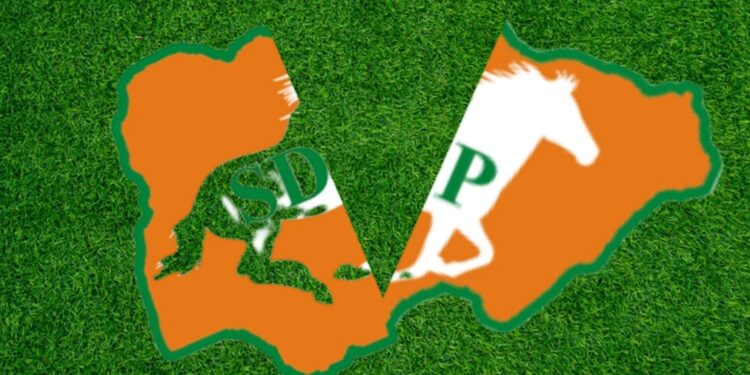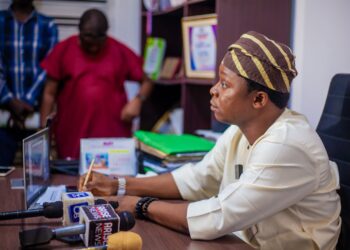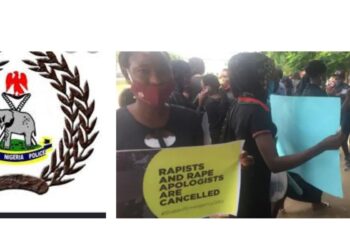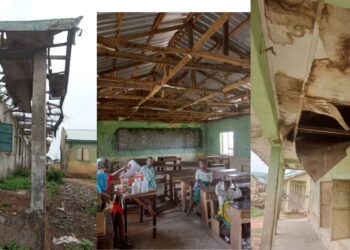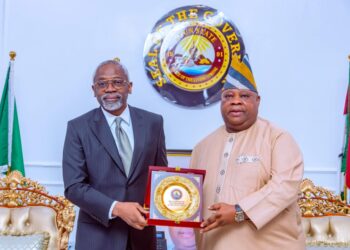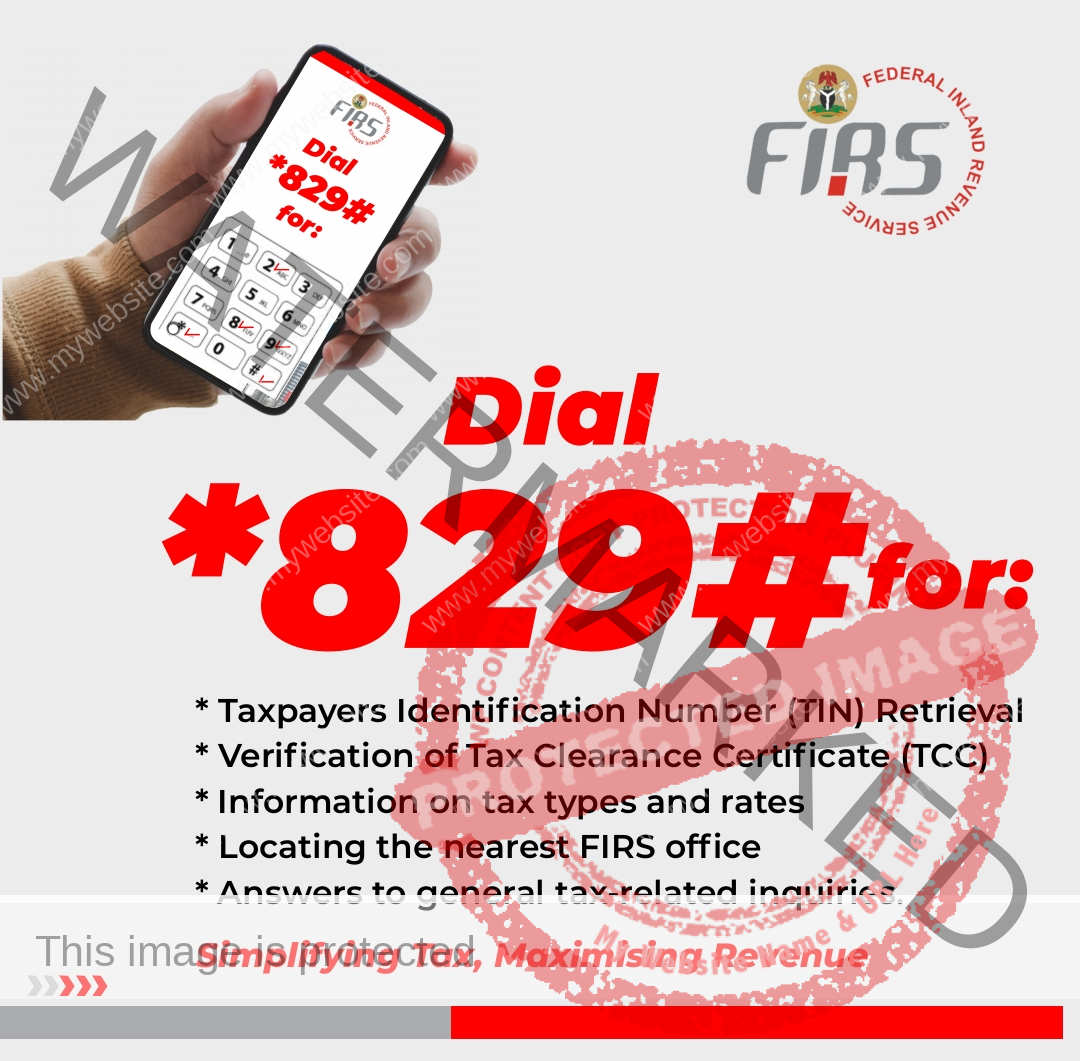

The Social Democratic Party (SDP) is currently embroiled in a leadership crisis that threatens to undermine its stability and effectiveness as a viable opposition party in Nigeria. A pending court case has brought to the fore the deep-seated divisions within the party, with two factions vying for control of the party’s structures. The crisis has been simmering for years, but recent developments have raised the stakes, leaving the party’s future hanging in the balance.
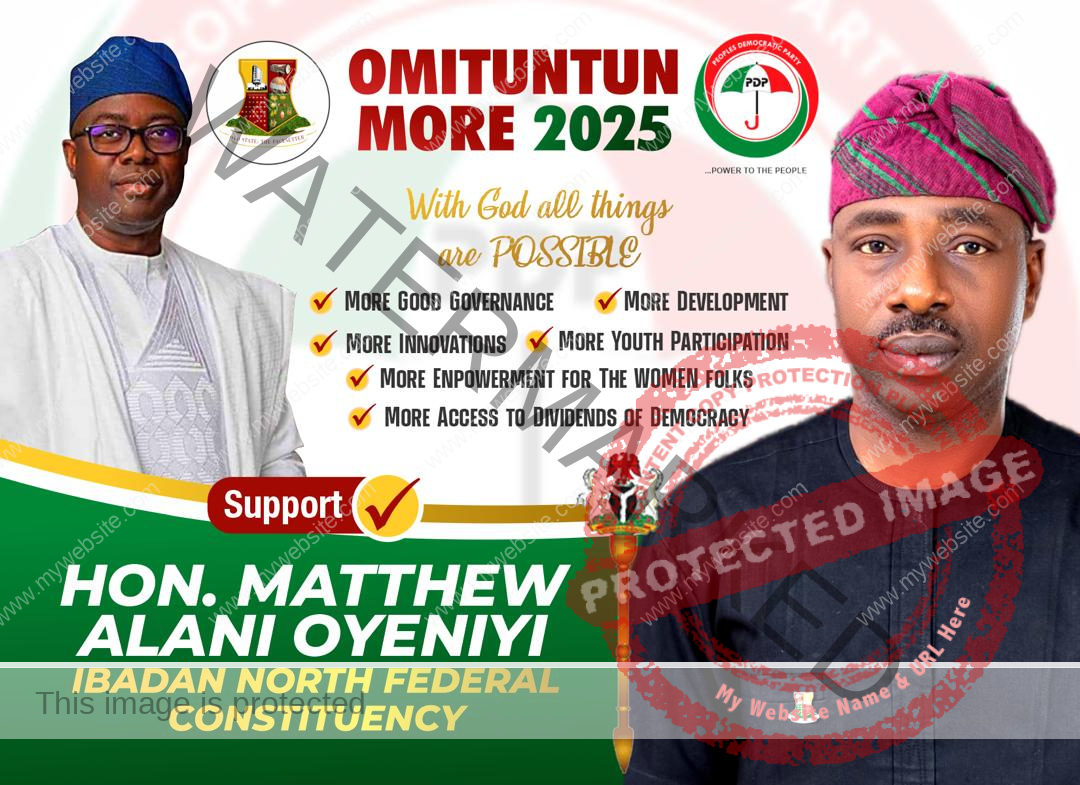
At least, two tendencies are said to be at a daggers drawn over the control of the structures of the party resulting in litigation.
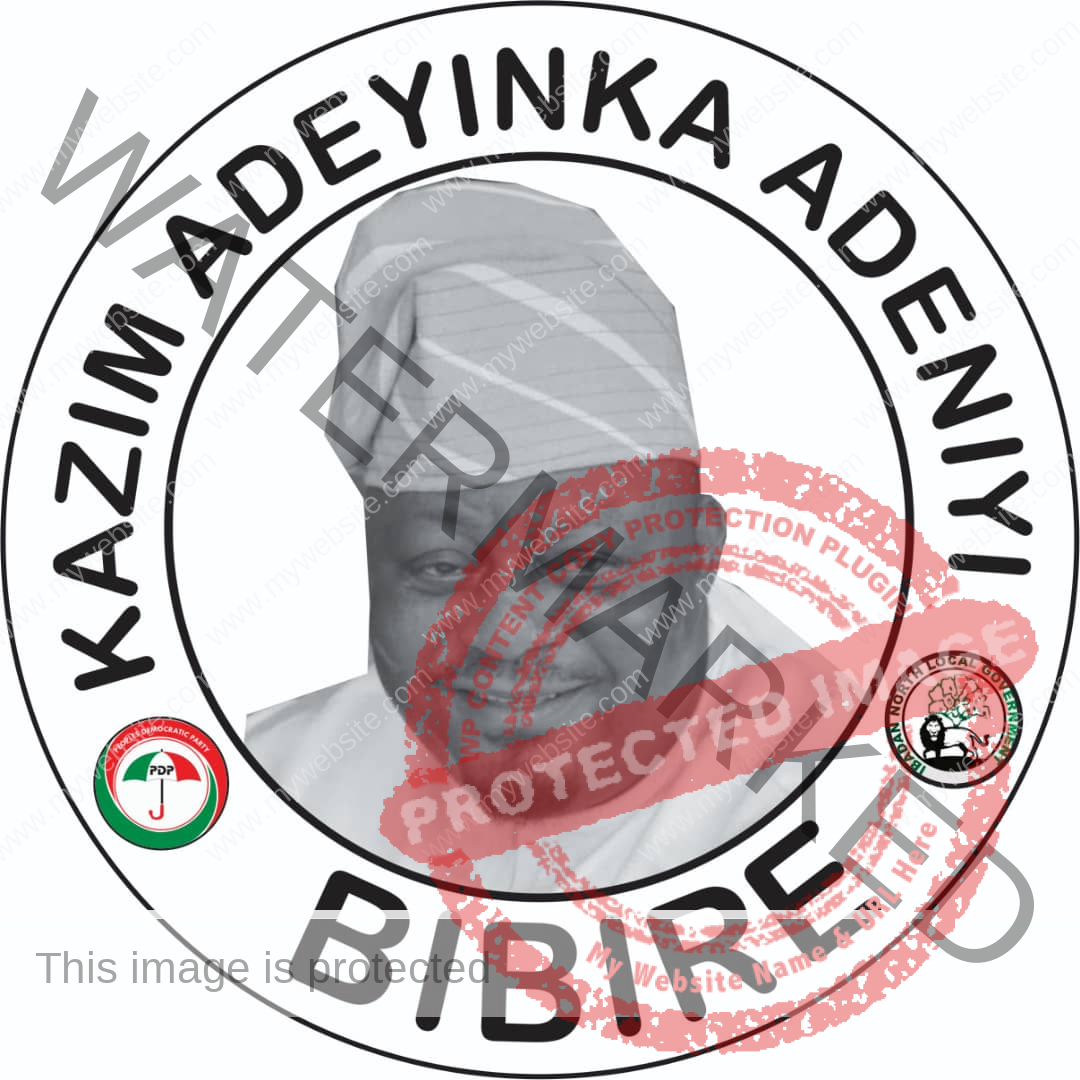
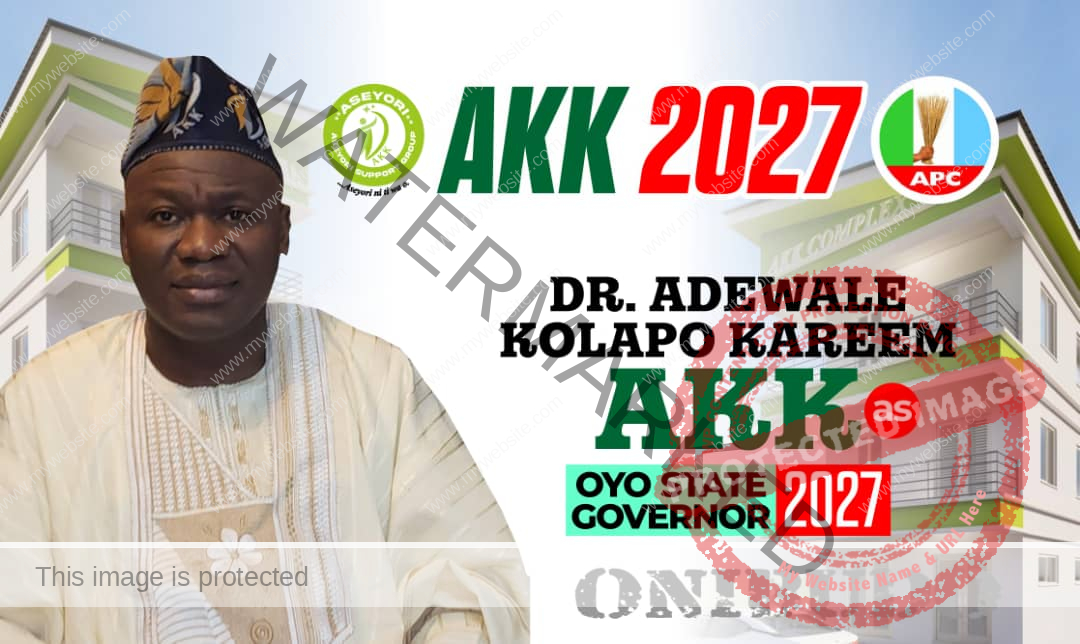
One of the leaders of the camps, who craved to remain anonymous, told the Nigerian Tribune at the weekend that a matter on the leadership conflict of the party is pending in the court.
Recall that former Governor Nasir El-Rufai of Kaduna State had indicated that other prominent politicians would defect to SDP when he announced his resignation from the All Progressives Congress (APC) and joined the SDP.

But, he is part of the Coalition of Political leaders comprising former Vice President Atiku Abubakar, who last week, accused the APC of instigating crisis in opposition parties, and alleged that the Independent National Electoral Commission (INEC) was frustrating moves to register new political parties.
Arewa groups tackle Jaji over allegations against Matawalle
The leader of SDP, while speaking to the Nigerian Tribune, recalled that the crisis in the party dated back to 2018, when the national leadership alleged compromised due process in admitting defectors from other parties to the SDP.
The source claimed that the defectors were “surreptitiously inducted into the Executive Committee (EXCO) initially as National Steering Committee,” a body, the source said was strange to SDP Constitution.
“We won the first round in court and they appealed against the judgment. The court dismissed their appeal and directed that the Federal High Court hear the case expeditiously on its merit.
“It went before Justice Inyang Edem Ekwo. In spite of the CJN directive then of expeditious hearing of political cases, the matter dragged past INEC timetable for the submission of candidates,” he said.
The SDP faction took 11 others to the Federal High Court in Abuja in 2019 to determine the SDP’s authentic leadership.
The 11 defendants included Engineer Shehu Gaban, while INEC was listed as the 12th defendants.
In the suit marked FHA/A/ABJ/CS/1358/2019, plaintiffs claimed that they were elected at the party’s national convention on March 9, 2016, for four years and would leave office on March 8, 2020.
They claimed that their tenure had not expired when members of a group hijacked the party in 2018 and were appointed at the party’s 2018 national convention.
The court later ruled that it didn’t have jurisdiction without inviting to parties to address the parties on the issue of jurisdiction, which had been addressed earlier by the same court before the previous judge, who had now been transferred out of Abuja. Appeal is pending,” he said.
The plaintiff had declared it would appeal the decision of the Federal High Court in Abuja that refused to recognise the plaintiff as the party’s authentic leadership.
Justice Inyang Ekwo dismissed the suit brought before him by the faction on the ground that it lacked the necessary jurisdiction to hear the case.
The judge ruled that the leadership crisis that has rocked the SDP since 2019 was an internal party matter that his court could get involved in.
According to the judge, the subject matter of the suit was an internal affair of the Social Democratic Party, and the court could not interfere in it.
He stated that the plaintiffs are members of the party, which has an internal dispute resolution mechanism, and that the party has the authority to amend its constitution.
Justice Ekwo stated that political parties should not involve the court in their internal affairs.
The plaintiffs, who claimed that the leader of the SDP resigned in 2019, averred that no party officials were elected in 2018.
The plaintiffs, who based their claim to office on provisions of the party’s 2012 Constitution, stated that neither the 2012 Constitution nor the purported one adopted by the then-party leadership and others permitted the appointment of the National Executive Committee (NEC) members.
They urged the court to rule that the first through 11th defendants do not represent the genuine leadership of the SDP.
However, the 1st, 2nd, 4th, 9th, and 11th defendants, represented by Peter Nwata, informed the court that the 2nd to 12th plaintiffs lacked the locus standi to bring the legal action in the first place and that their names should be struck out of the suit.
INEC argued in its opposition to the suit that the plaintiffs’ case had become statute-barred due to provisions of Section 251 of the 1999 Constitution as amended and that the court lacked jurisdiction to hear the matter.

